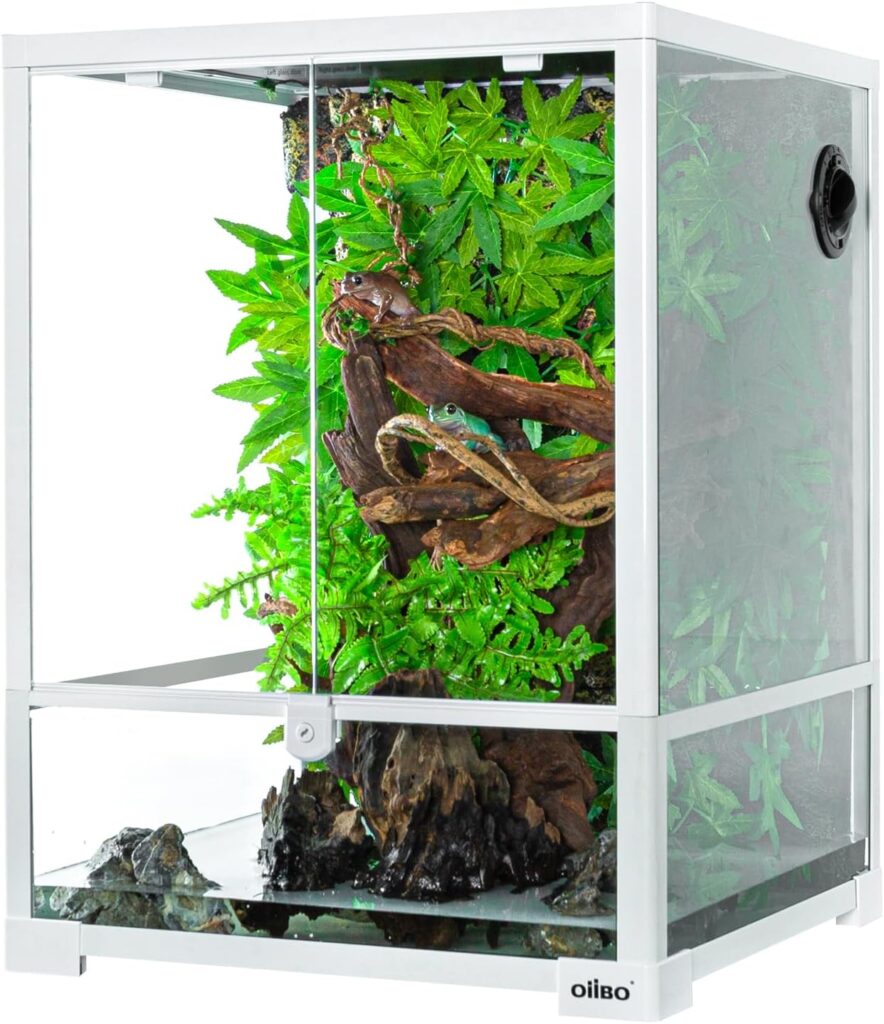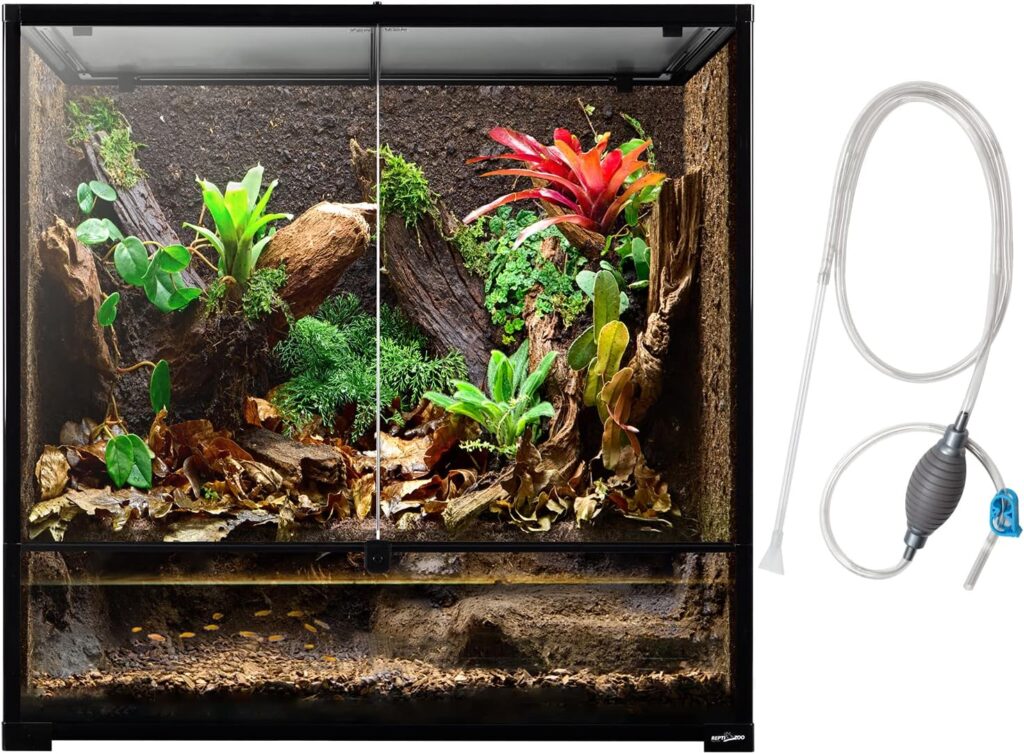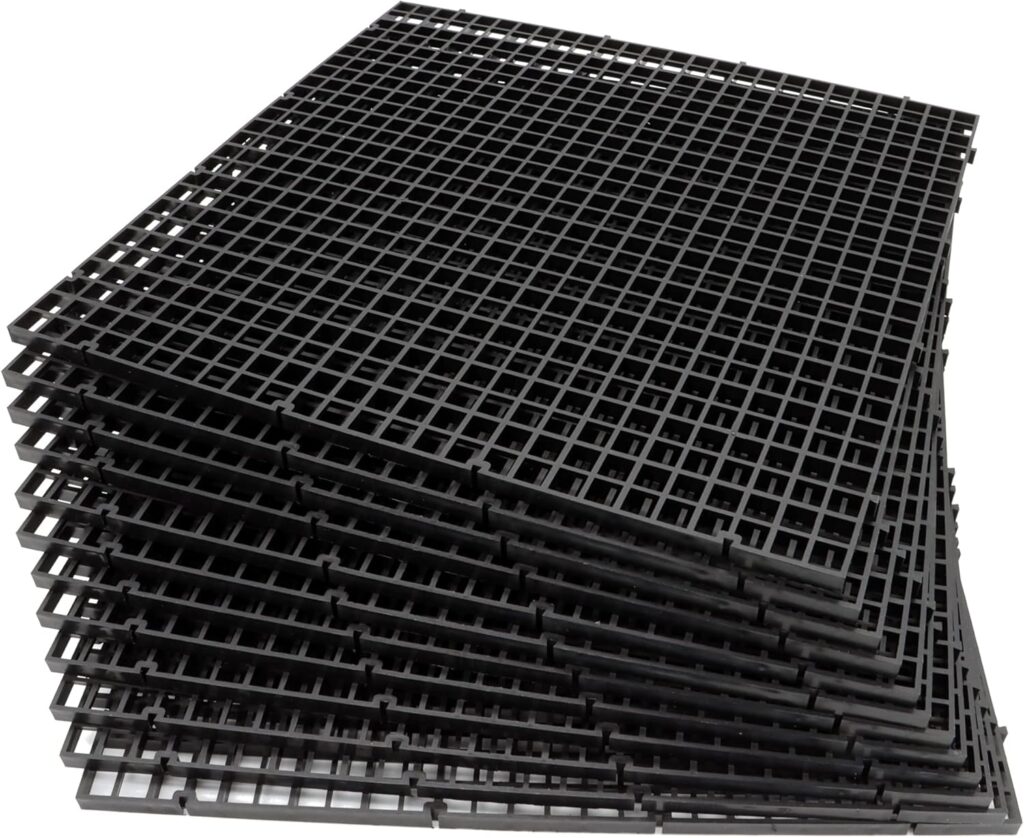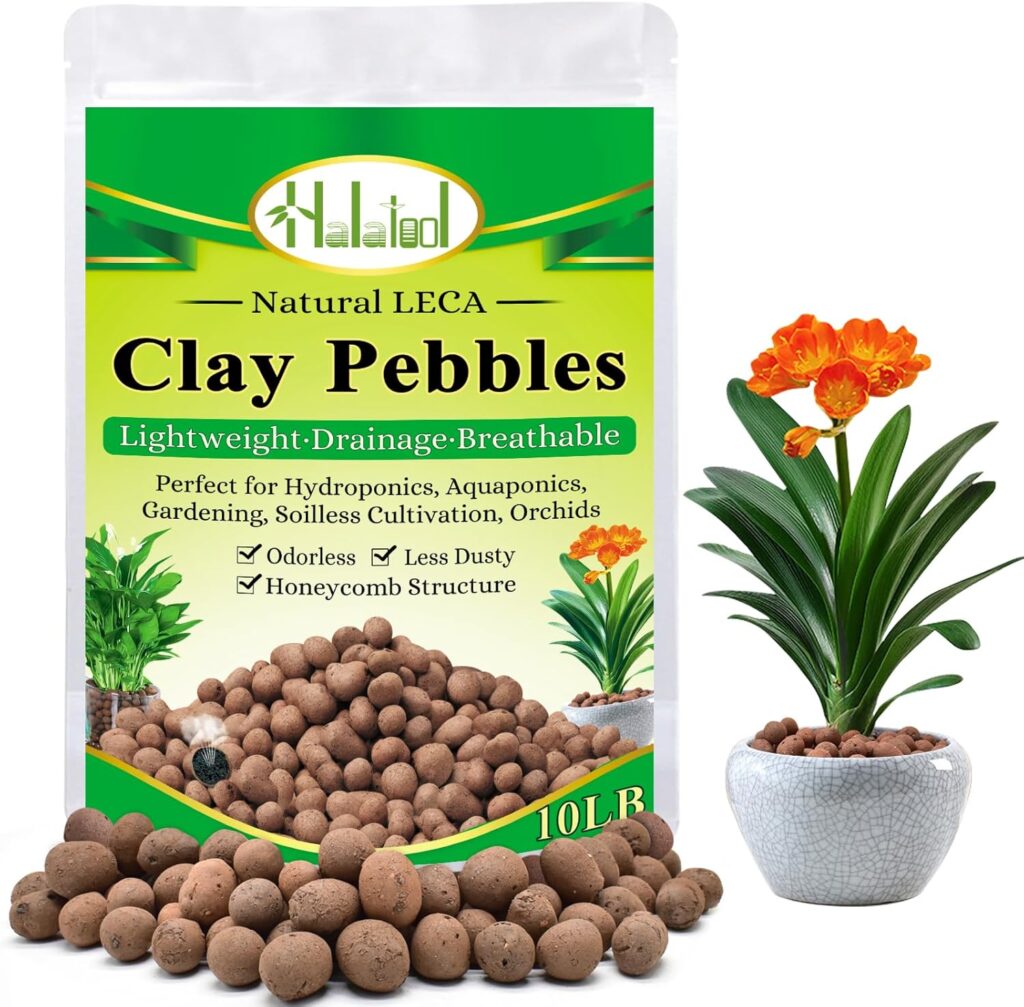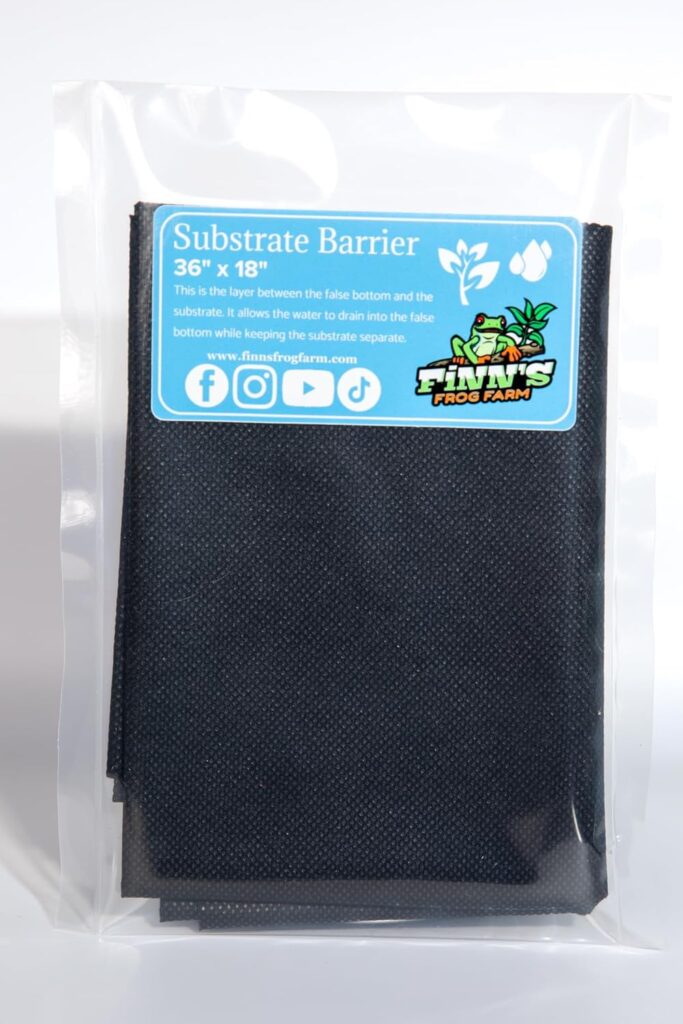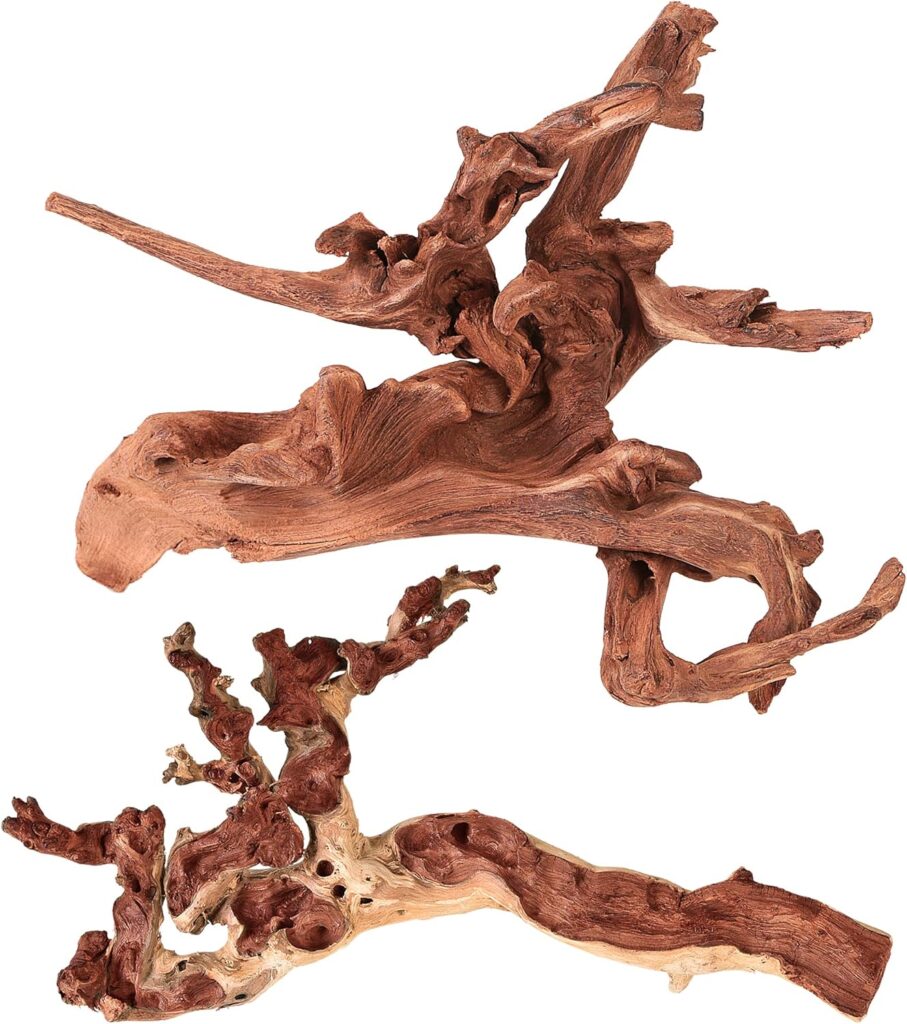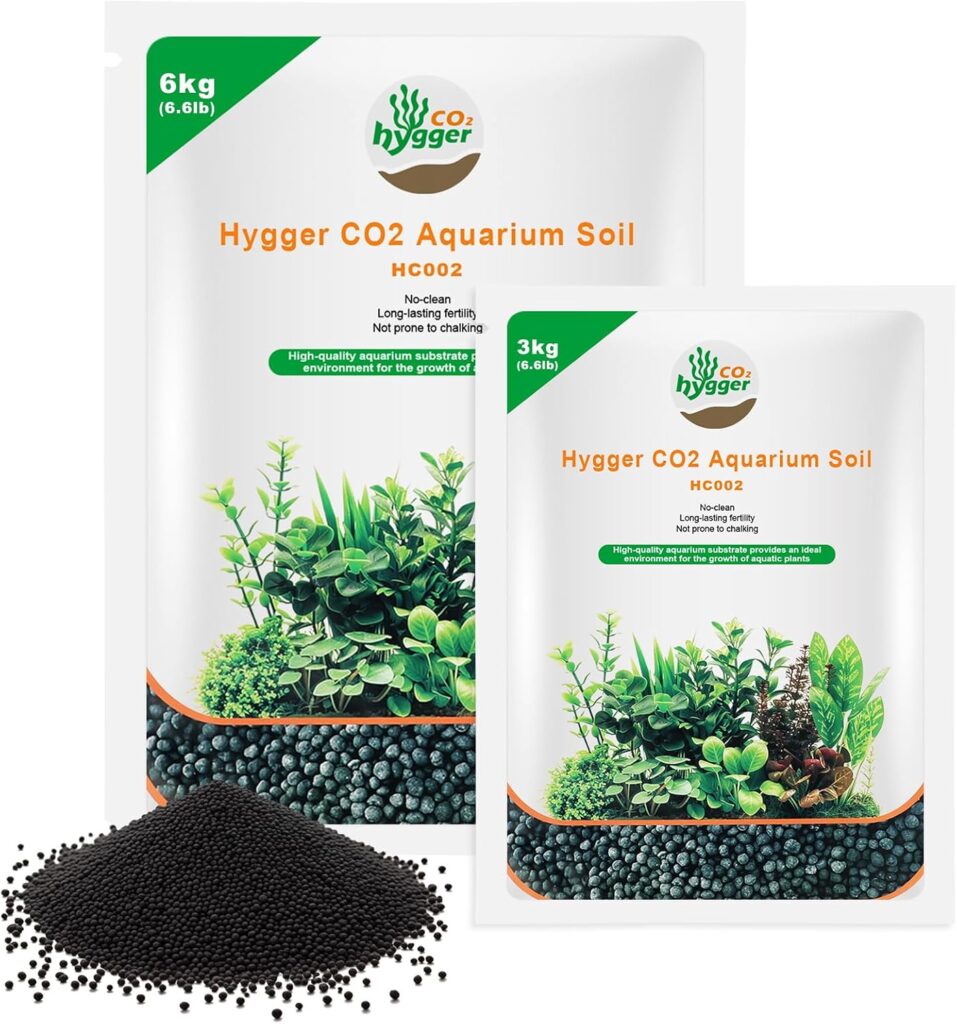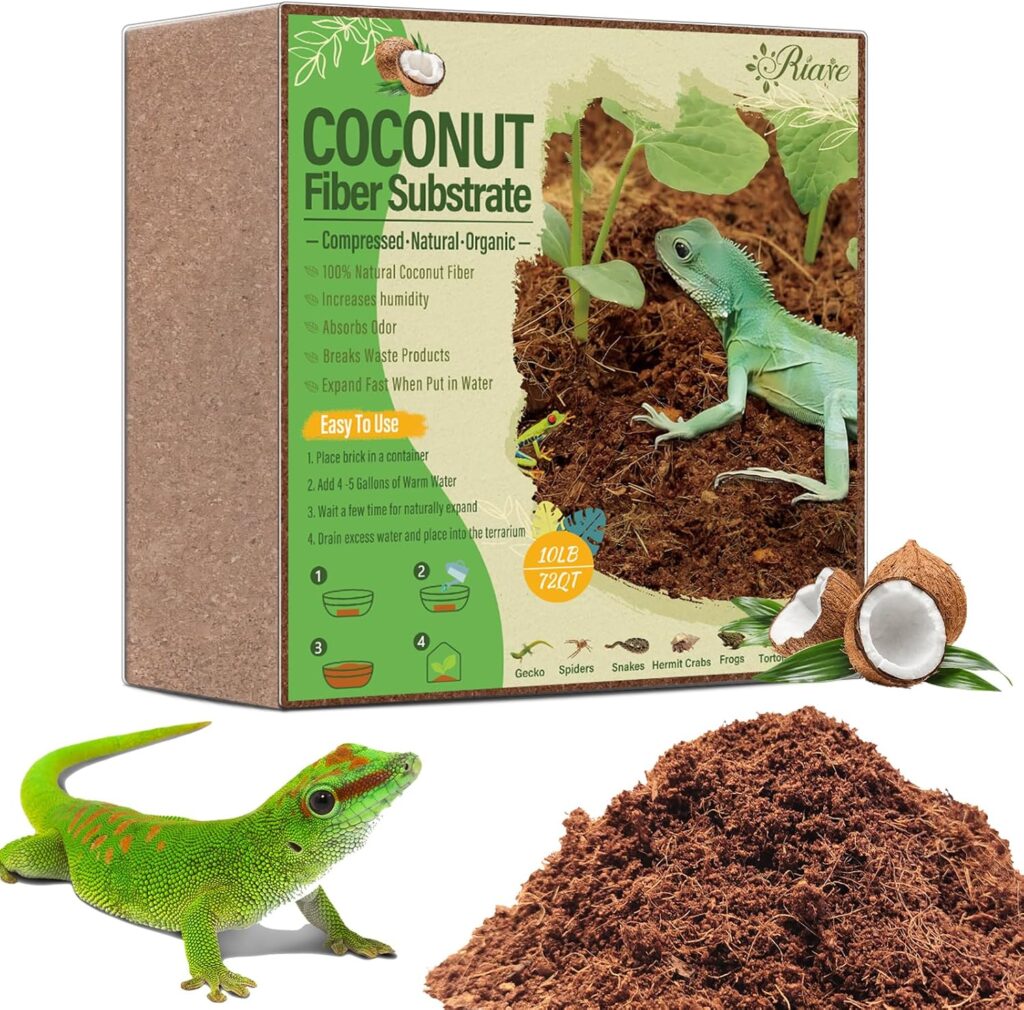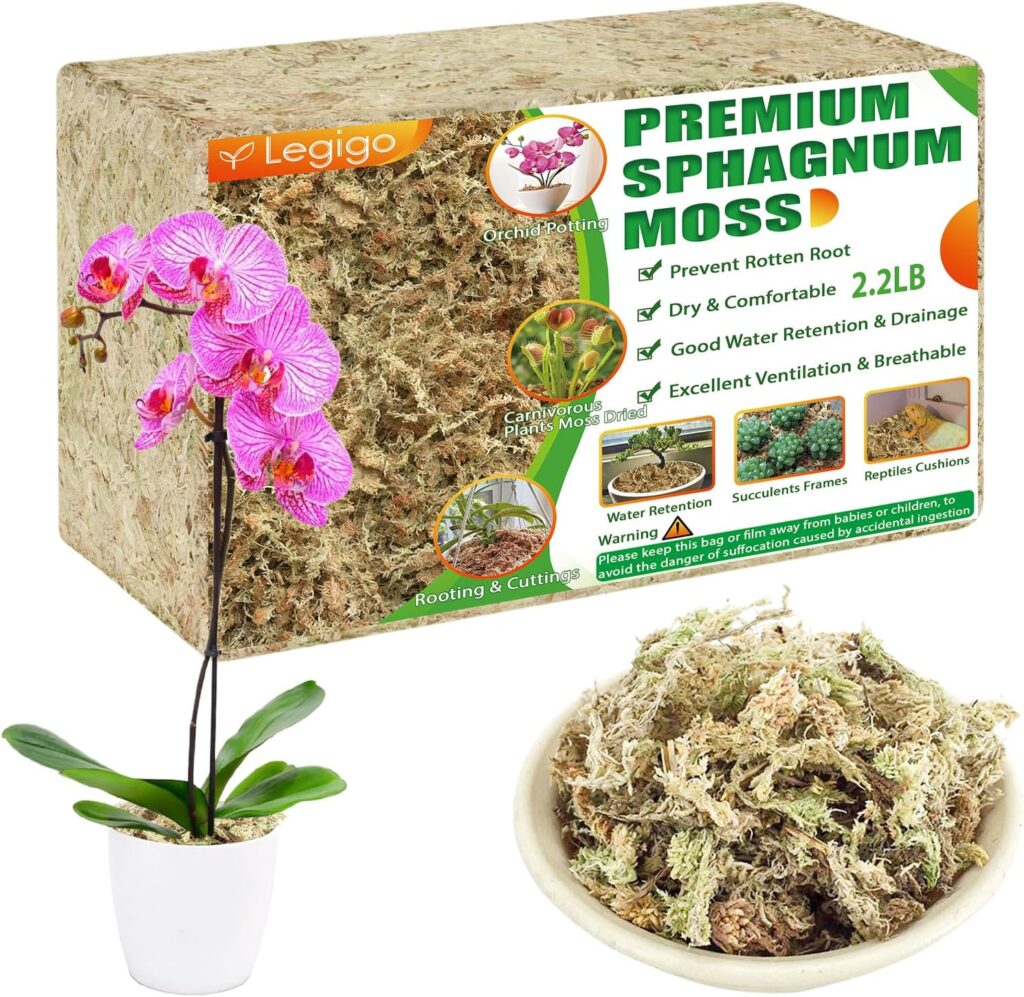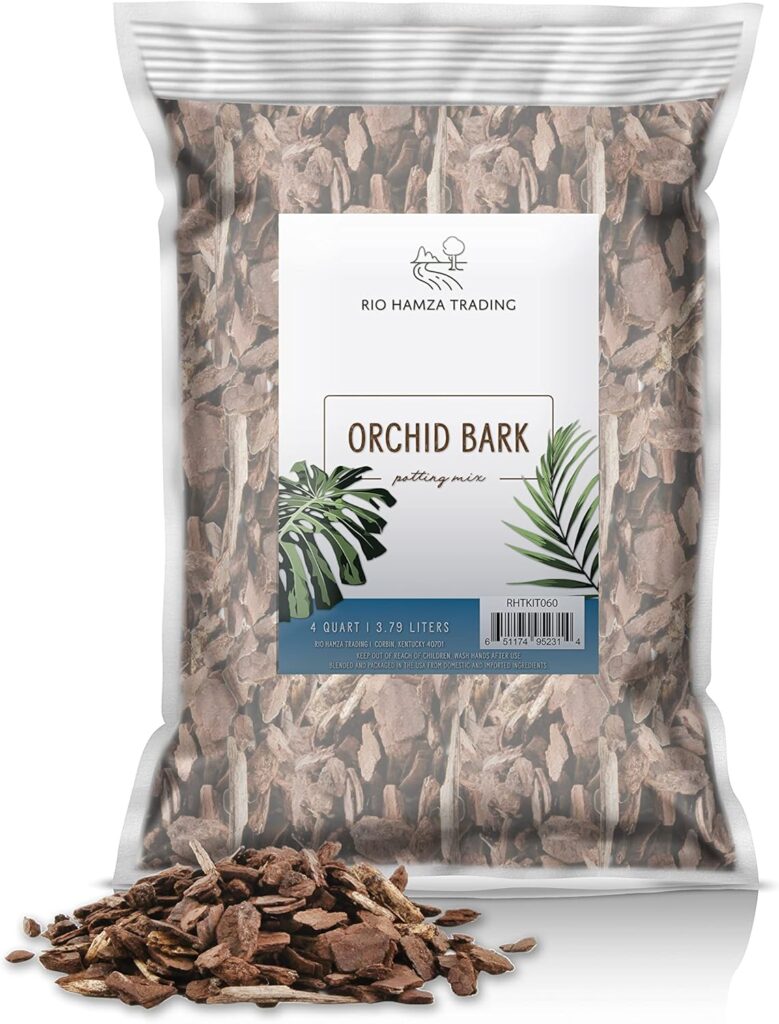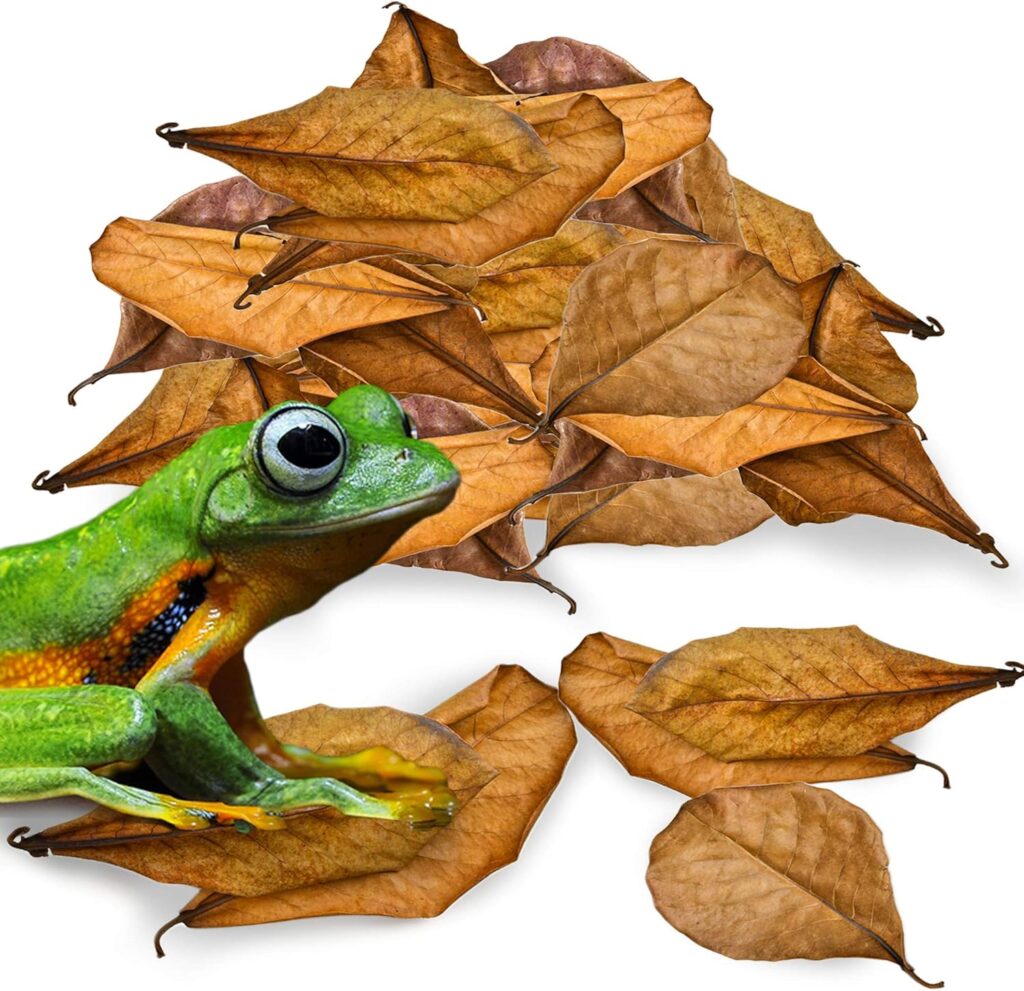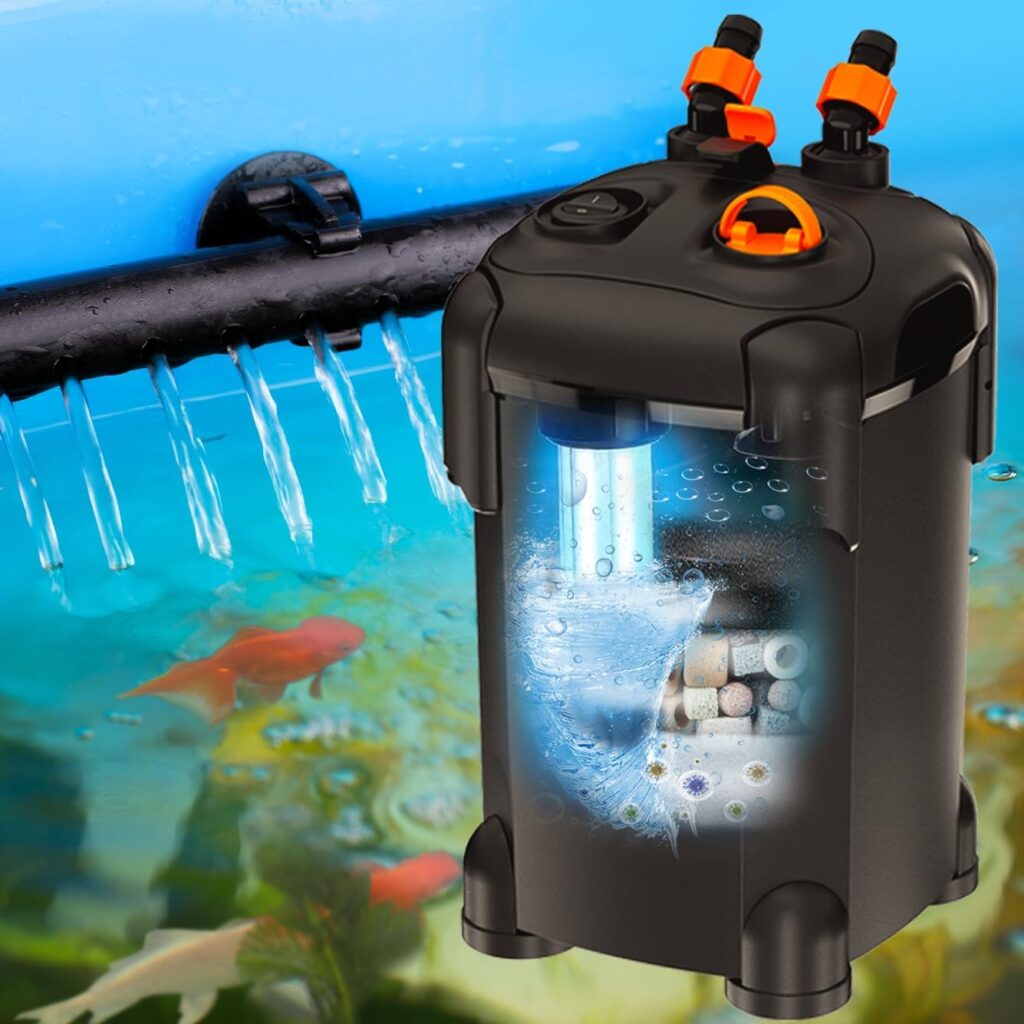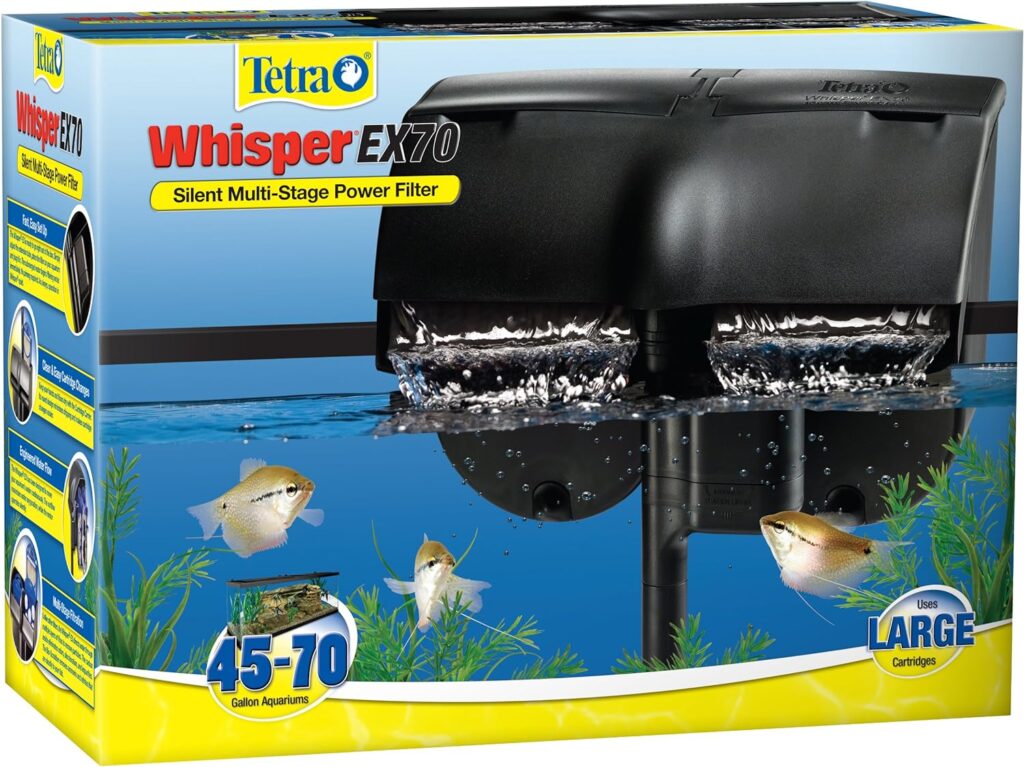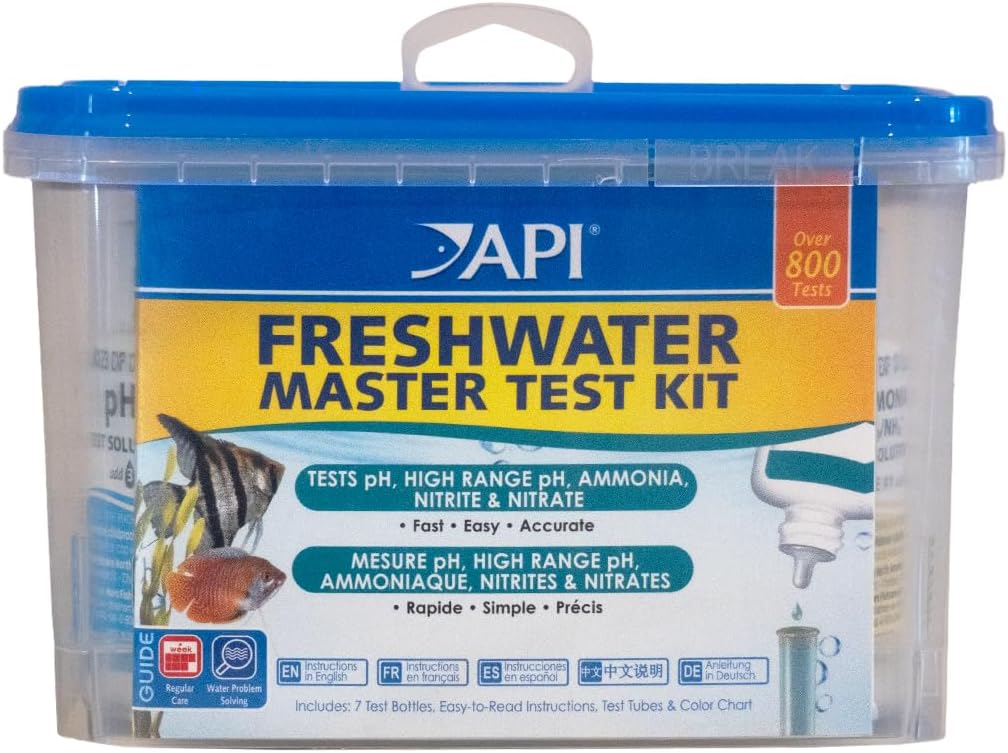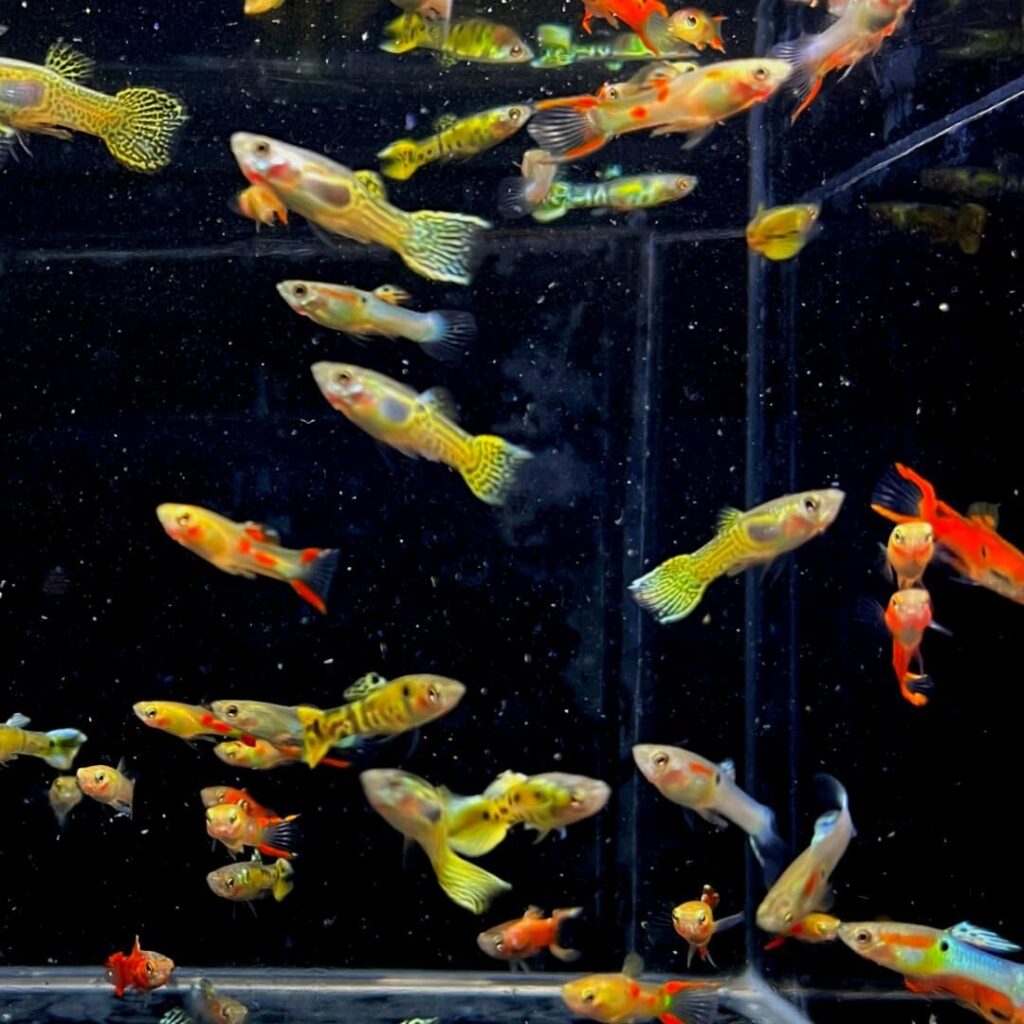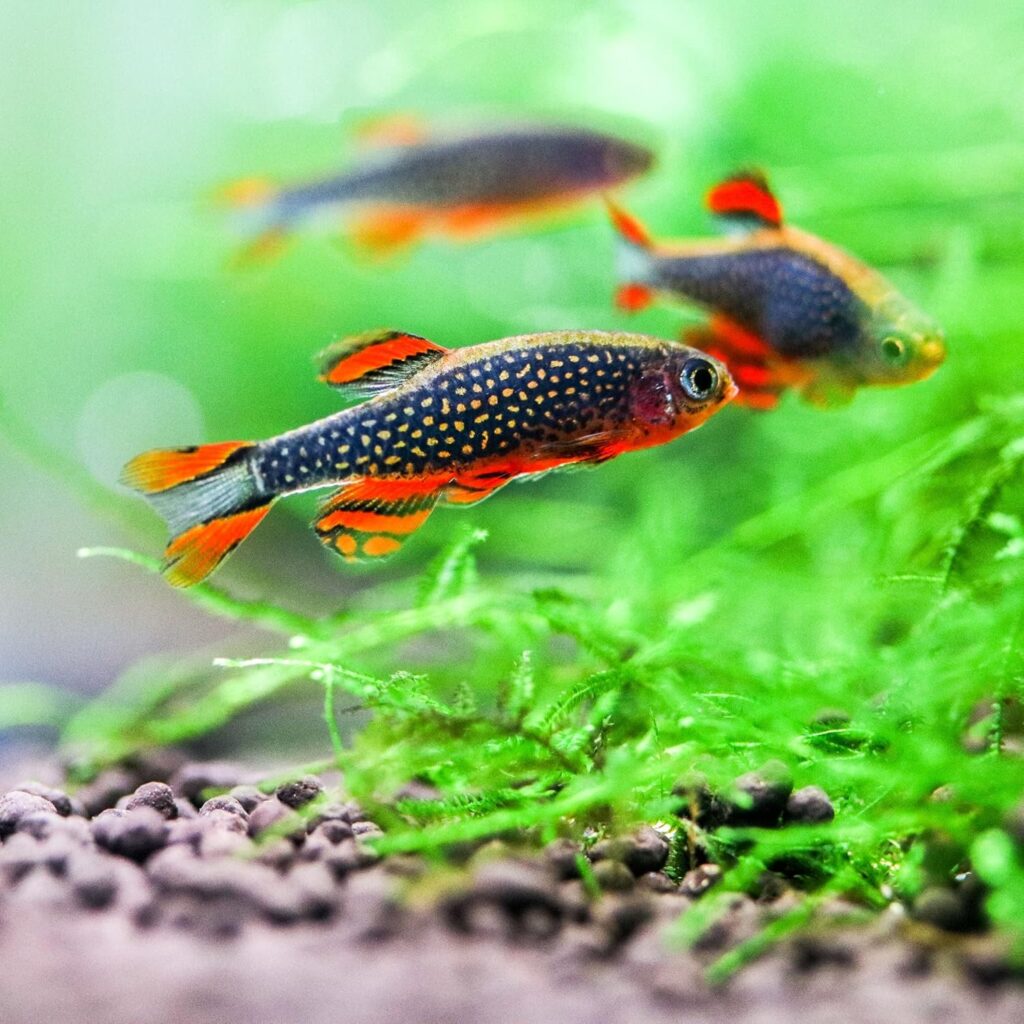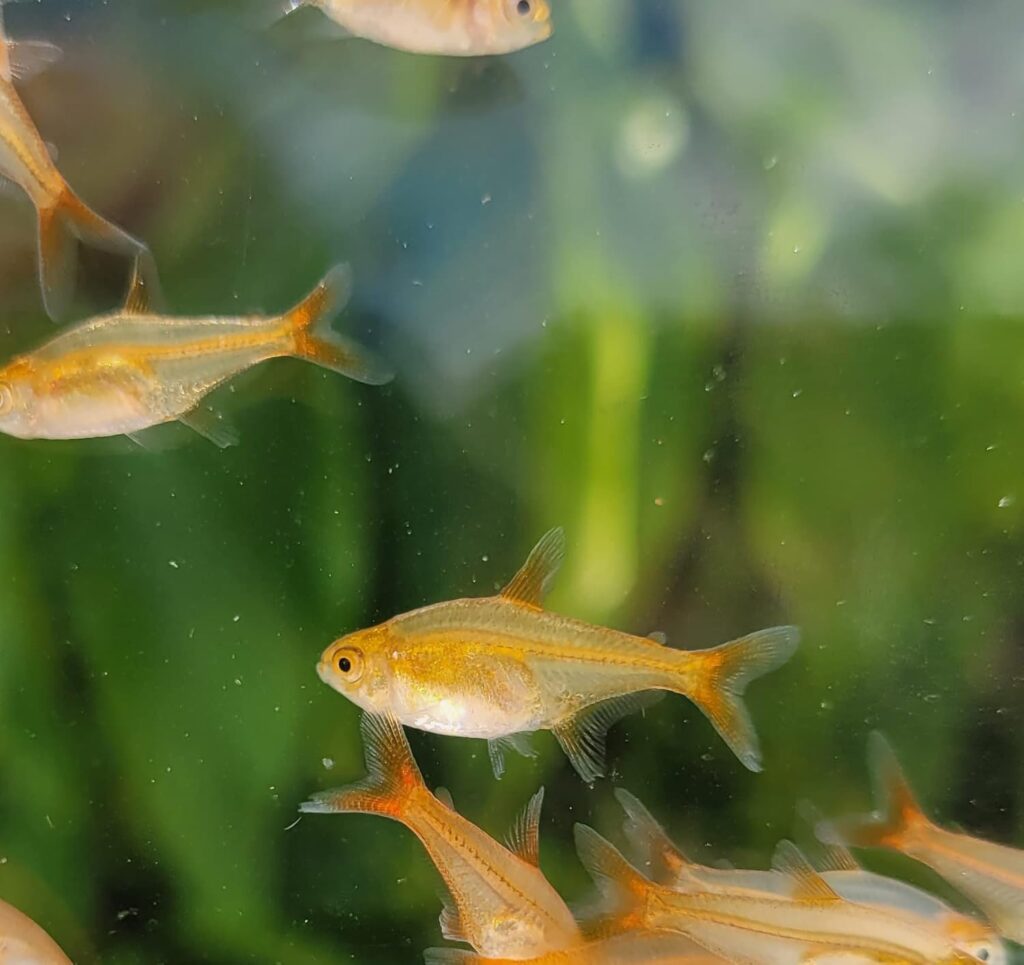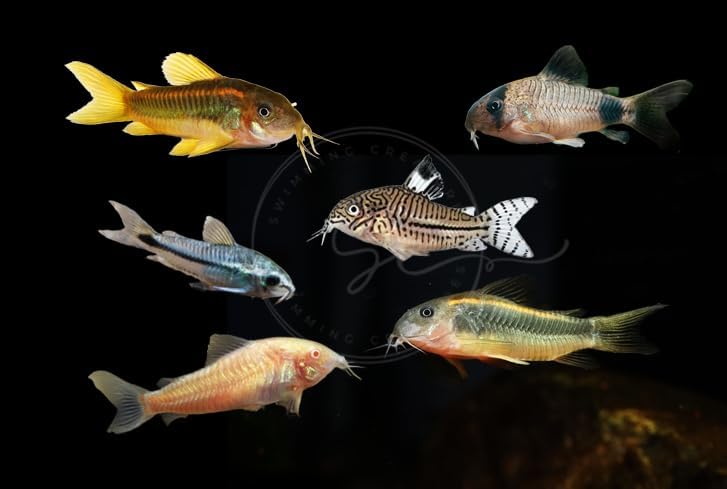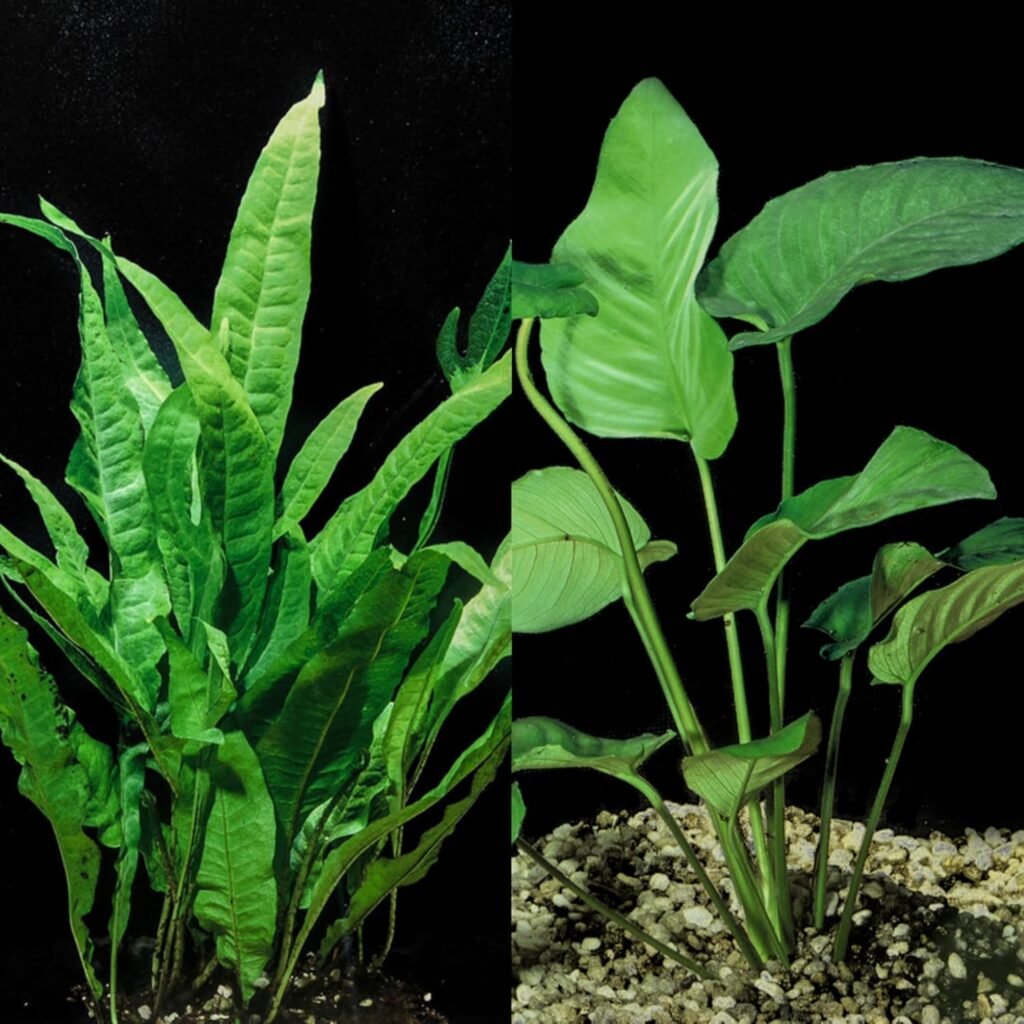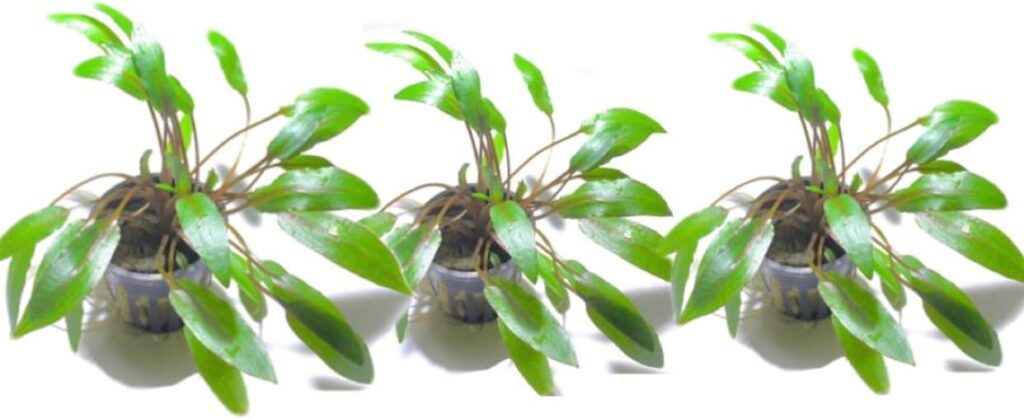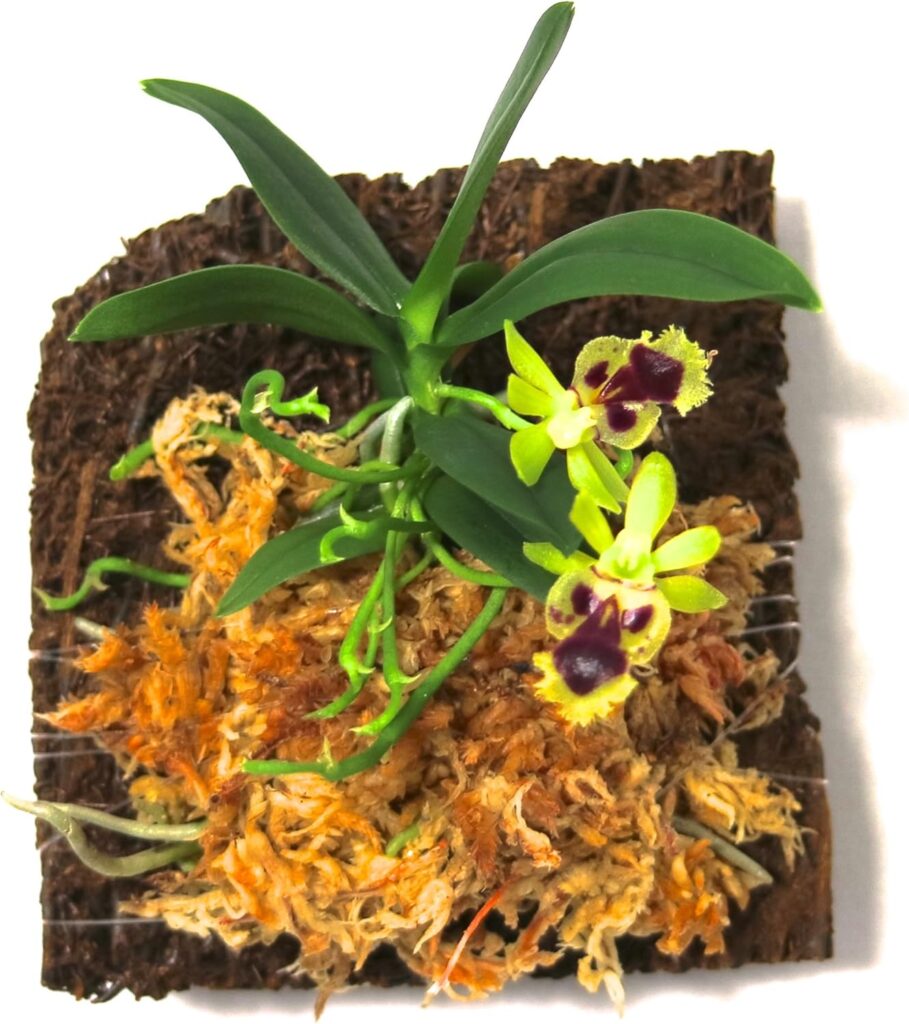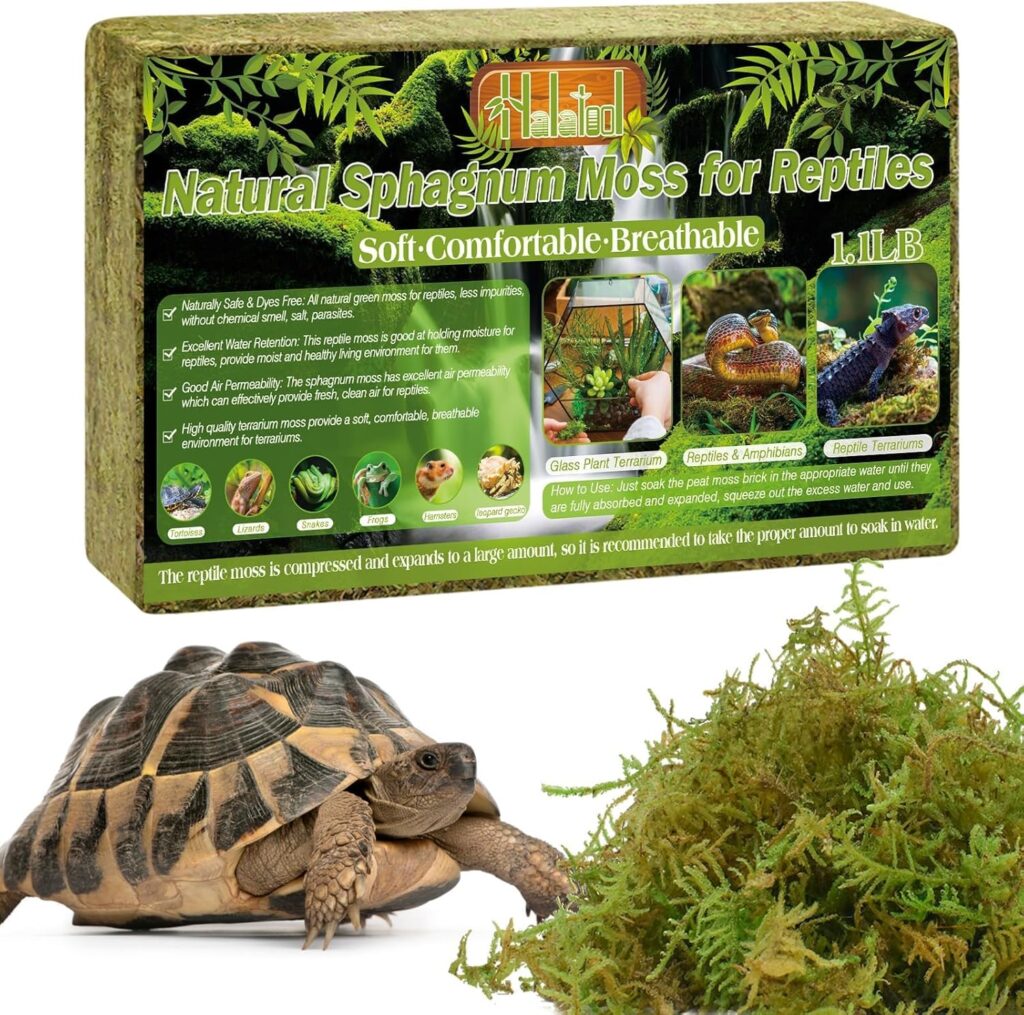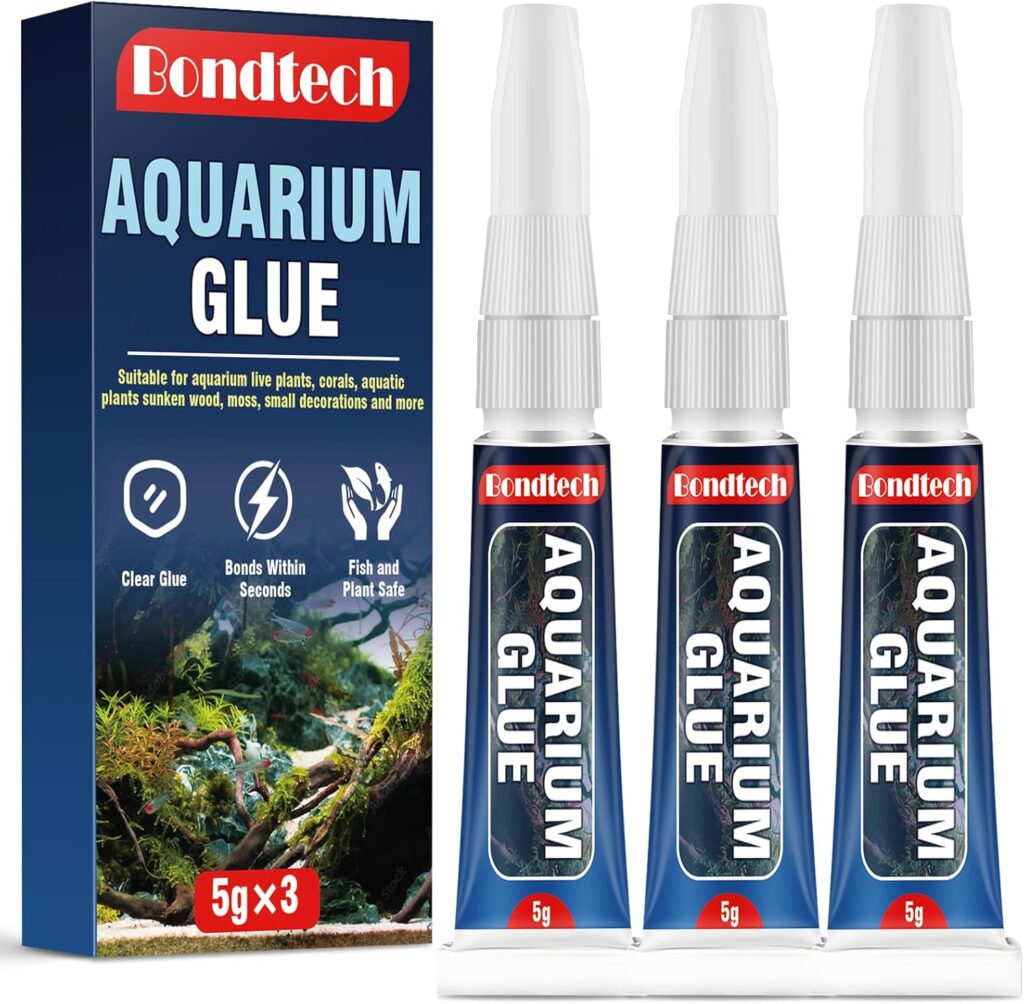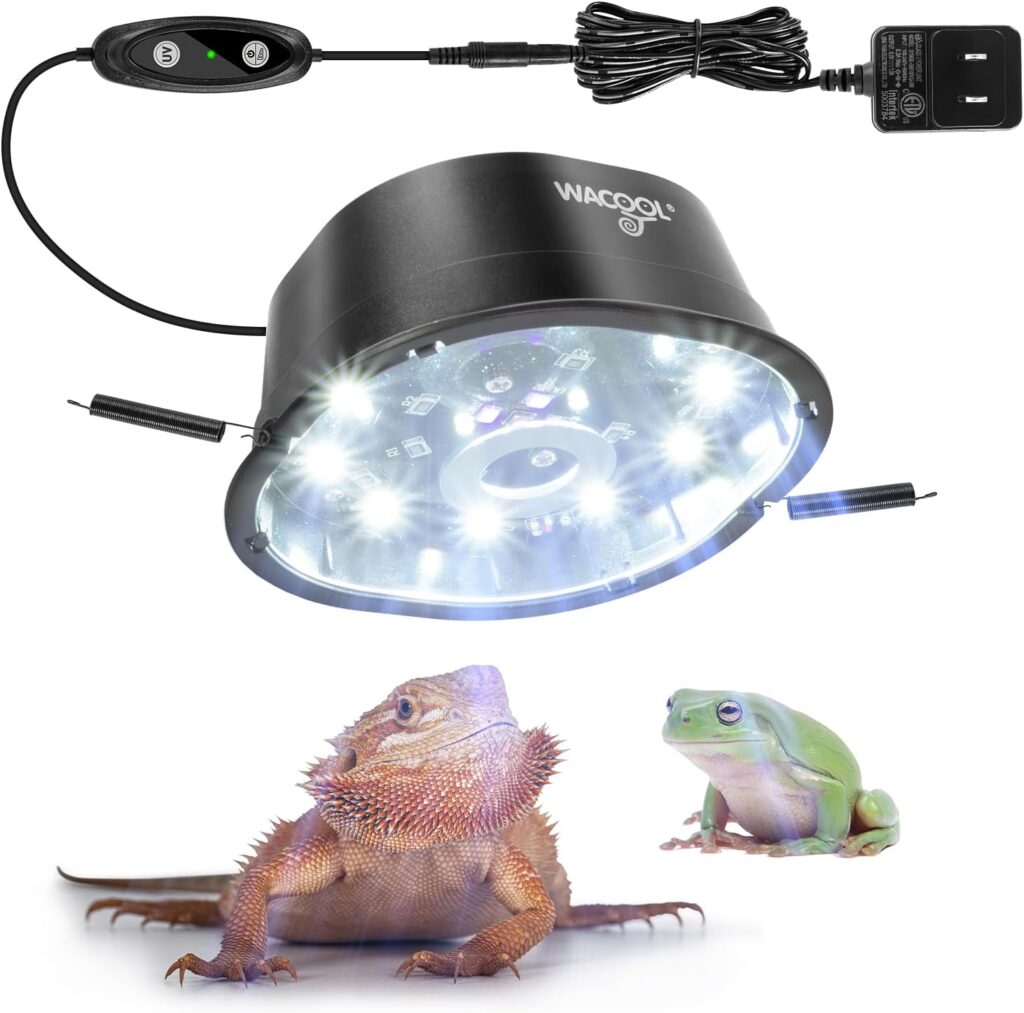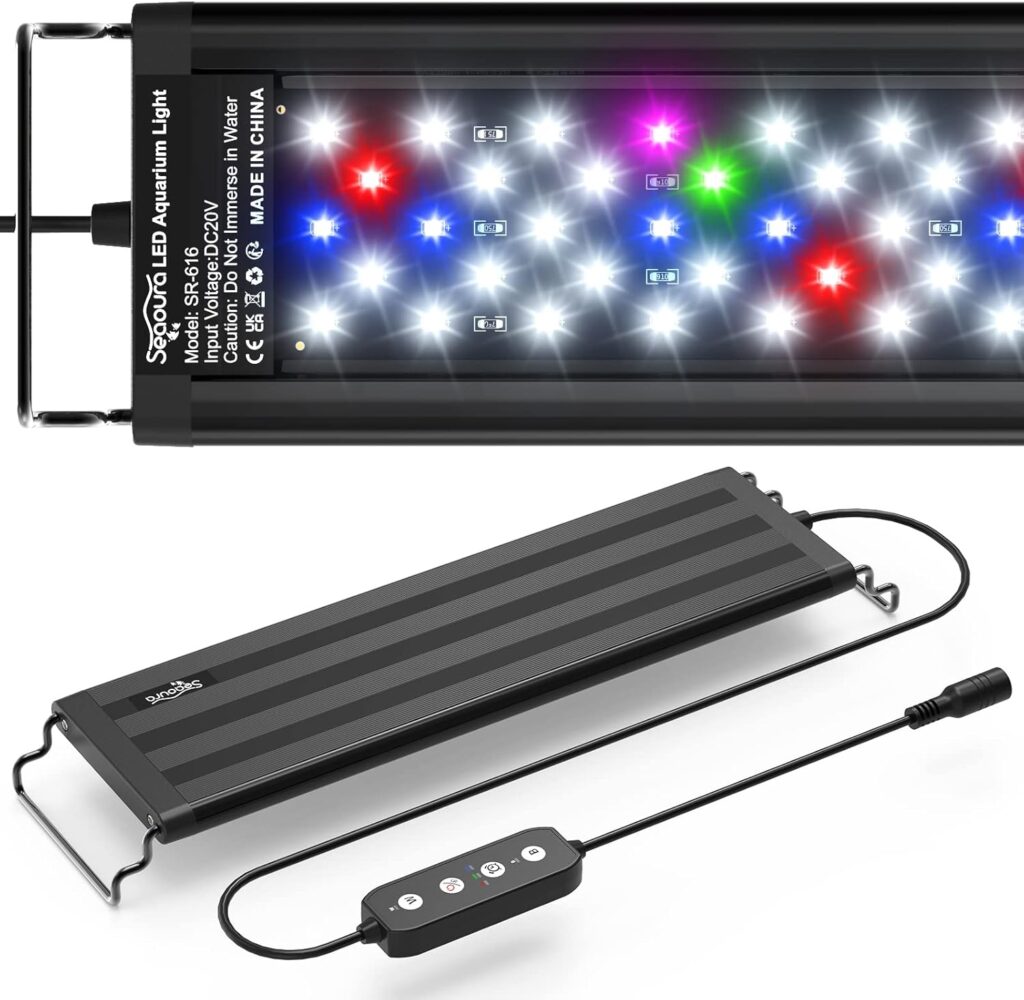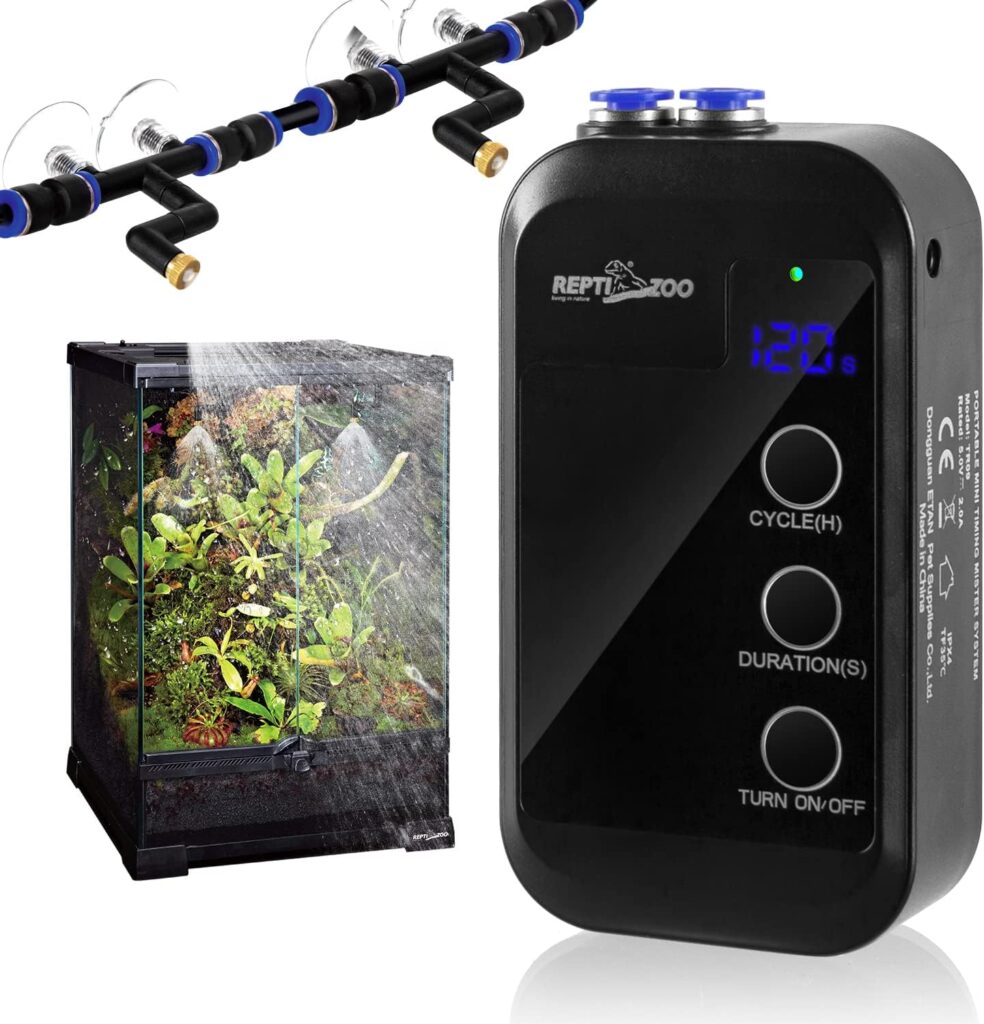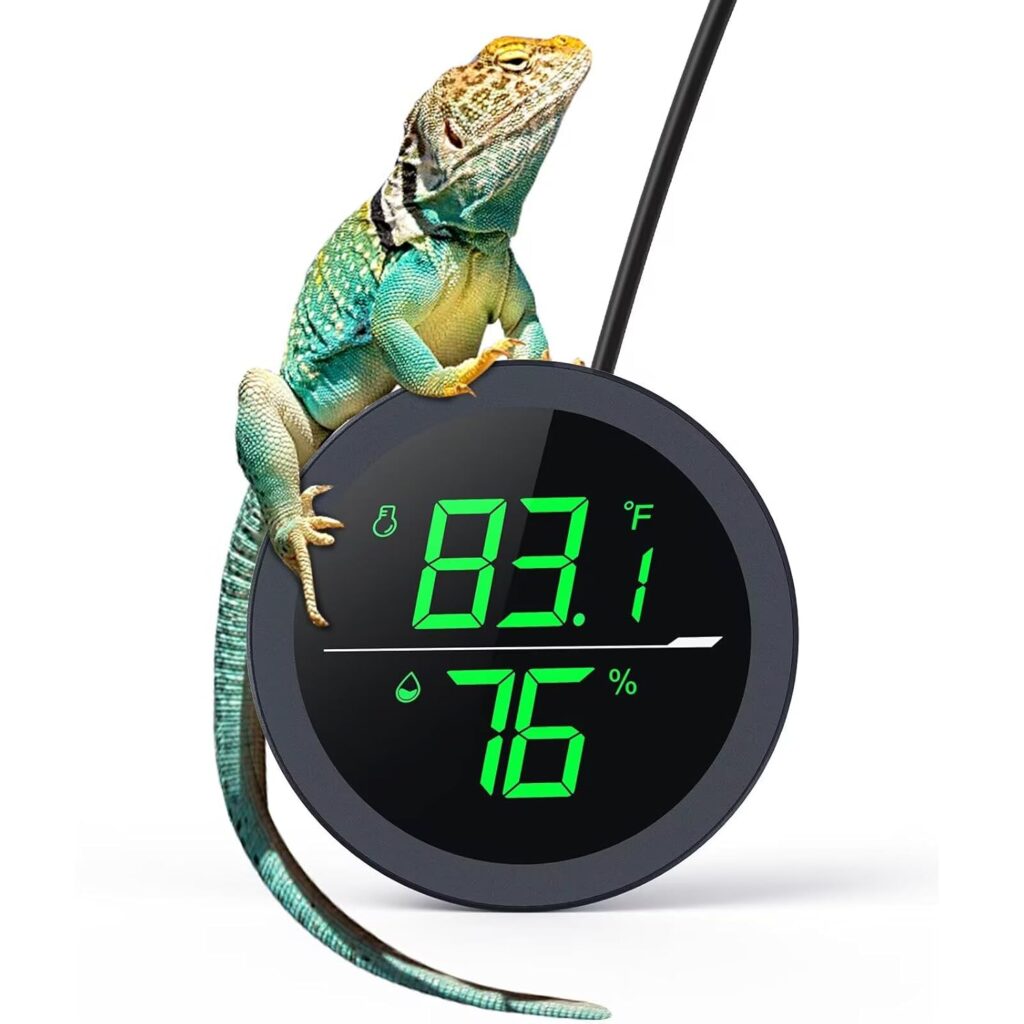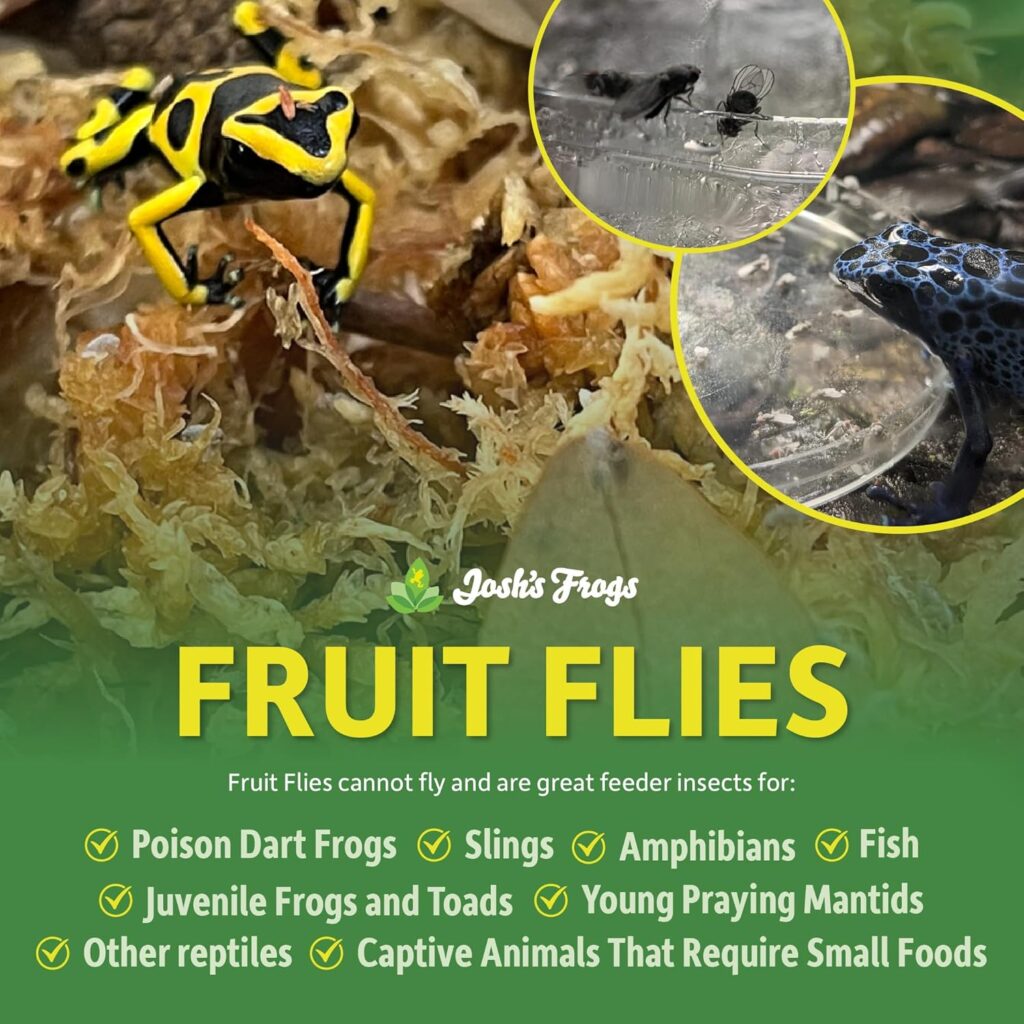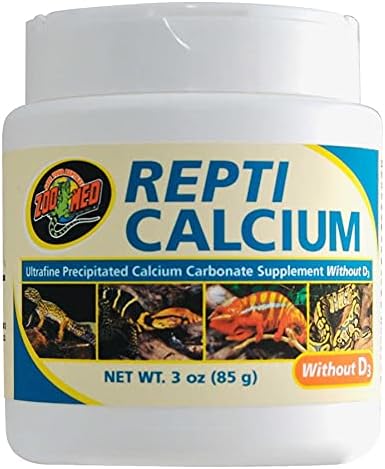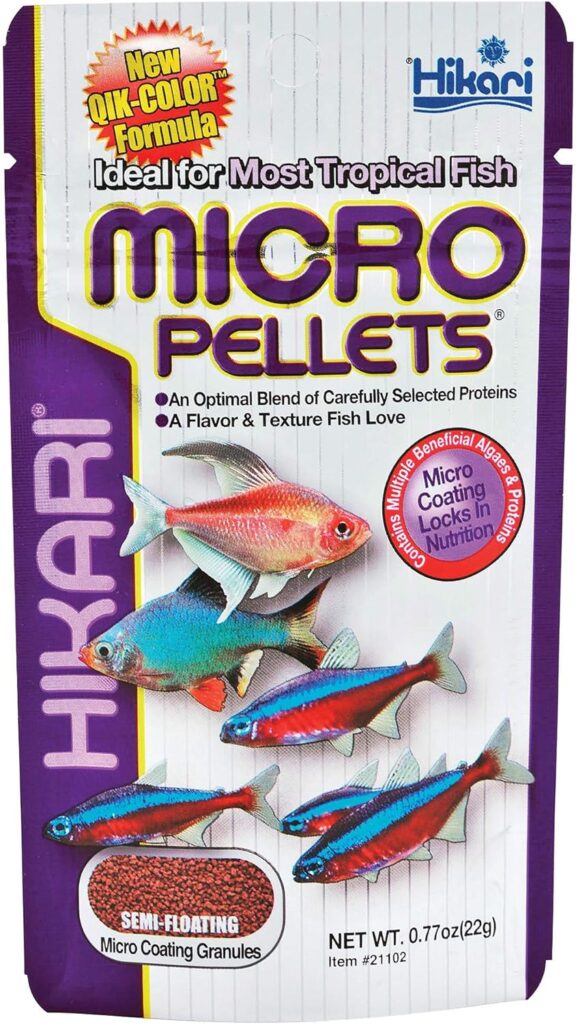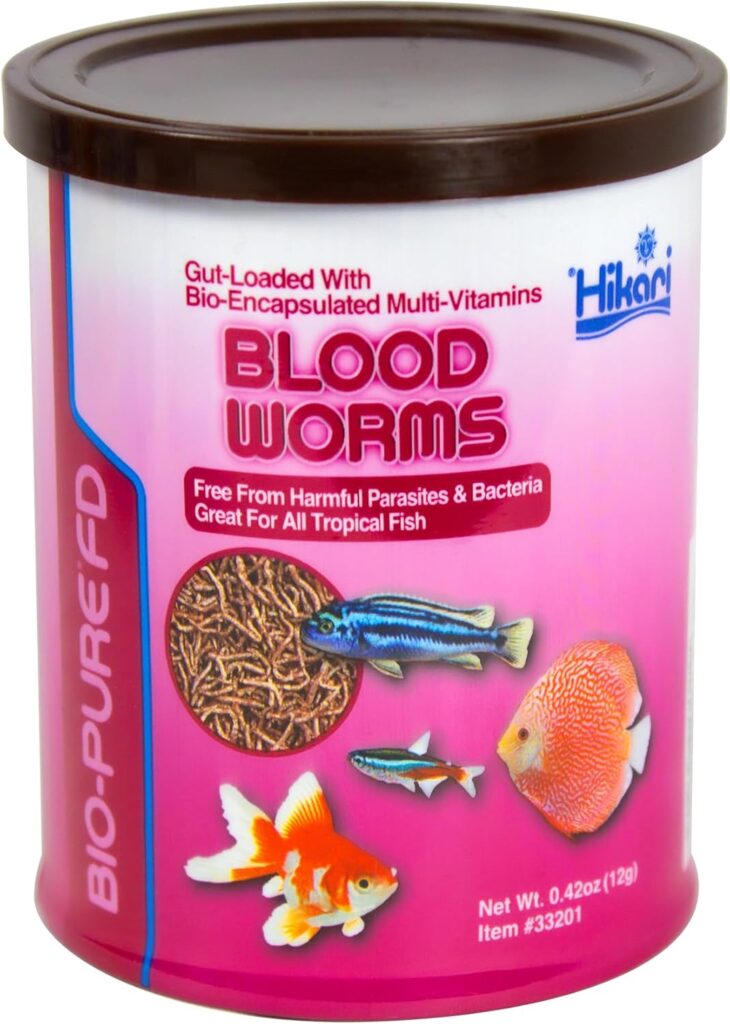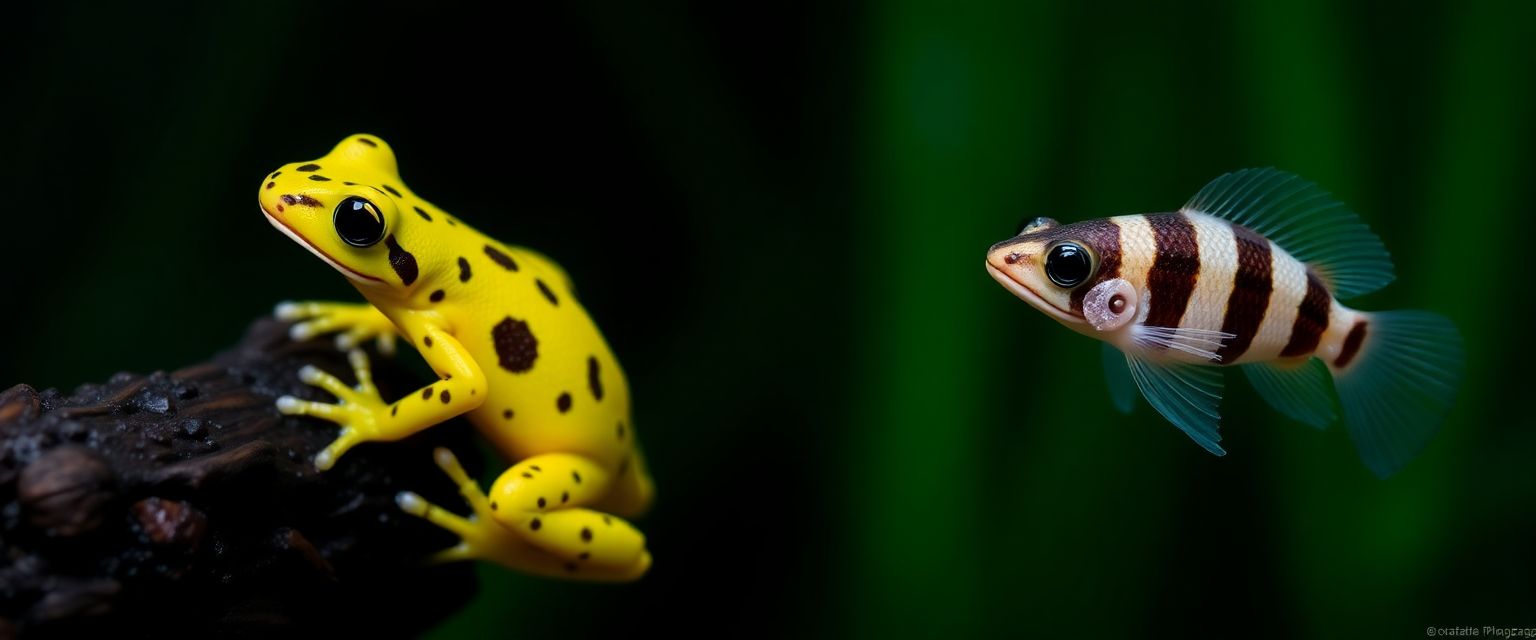
Build the Perfect Paludarium: A Complete Guide for Dart Frogs & Fish
Learn how to create a stunning paludarium for dart frogs and fish! This step-by-step guide covers setup, the best plants, filtration, lighting, and essential Amazon product recommendations.
A Little Slice of Nature at Home
Imagine bringing a miniature rainforest right into your living room—a lush, self-sustaining ecosystem where land and water meet in perfect harmony. That’s exactly what a paludarium offers!
If you love aquariums, terrariums, or the idea of keeping dart frogs and fish in a naturalistic environment, you’re in for an exciting journey. In this guide, I’ll walk you through everything you need to know to build, set up, and maintain your own paludarium.
And the best part? You can grab everything you need right from Amazon—I’ll link to the best products along the way to save you time.
All About My Paludarium + Frog Reveal!
What Is a Paludarium?
A paludarium is a hybrid enclosure that combines both land and water, making it the perfect environment for dart frogs, fish, aquatic plants, and terrestrial greenery.
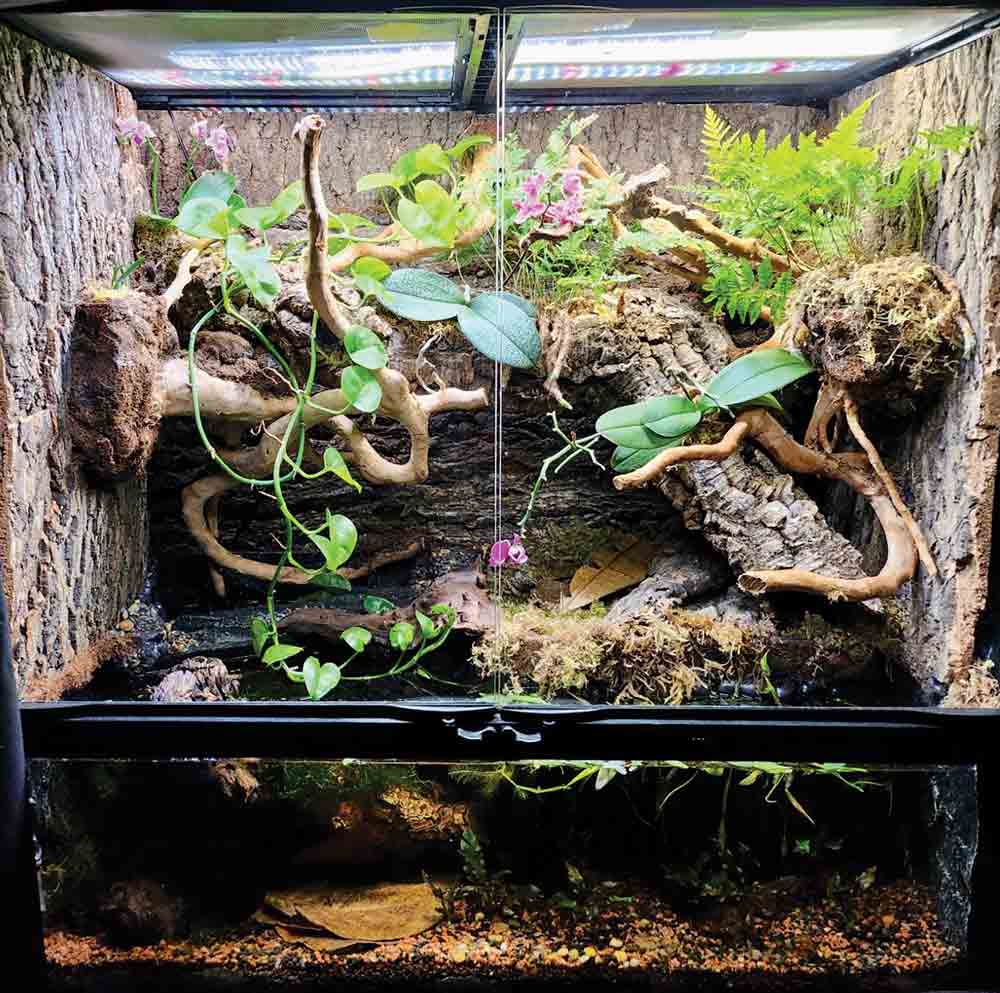
Typically, a paludarium consists of:
✅ 70% land – a humid, jungle-like terrain for frogs and plants
✅ 30% water – a small pond or stream for fish and aquatic life
The trick to a great paludarium is seamlessly blending both environments. Ready to build yours? Let’s get started!
Step 1: Choosing the Right Tank
Your paludarium’s foundation starts with the right enclosure. Here’s what to consider:
✔️ Size: A 20-gallon tank is the minimum, but bigger is better for stability.
✔️ Shape: Tall tanks work best for dart frogs since they love to climb.
A vertical terrarium is ideal.
✔️ Front-Opening Access: Makes maintenance much easier!
✔️ Ventilation: Proper airflow prevents mold and maintains humidity. Many Exo Terra tanks have built-in ventilation.
PALUDARIUM TUTORIAL – Step by step
Step 2: Creating the Land-Water Divide
One of the most challenging parts of a paludarium is keeping land dry while maintaining a healthy aquatic section. Here’s how to do it:
False Bottom – Use egg crate light diffusers covered with fine mesh to allow water drainage.
🔹 Drainage Layer – Add LECA (expanded clay balls) or aquarium gravel to prevent water from soaking the soil.
🔹 Substrate Barrier – A mesh screen prevents the soil from clogging the drainage.
🔹 Natural Slope – Arrange rocks, driftwood, or foam backgrounds to create a gradual transition.
Step 3: Choosing the Best Substrate
A healthy substrate does more than look nice—it supports beneficial bacteria and tiny cleanup critters like springtails and isopods.
🔸 Perfect Bioactive Substrate Recipe: ✔ 40% organic potting soil (chemical-free)
✔ 30% coconut fiber
✔ 20% sphagnum moss
✔ 10% orchid bark
🔹 Pro Tip: Top it off with leaf litter to mimic the forest floor and keep humidity stable.
Step 4: The Aquatic Section—Filtration & Water Care
Keeping water crystal clear is crucial, as paludariums hold less water than regular aquariums, making them prone to waste buildup.
🔹 Best Filter Options: ✔ Small Canister Filter
✔ Hang-On-Back Filter
🔹 Water Changes: 20% per week keeps ammonia and nitrites in check.
🔹 Water Testing Kit: Monitor pH, ammonia, and nitrates regularly.
Step 5: Choosing Fish for Your Paludarium
Not all fish are frog-friendly! Stick to small, peaceful species that thrive in similar conditions.
🐟 Best Fish for Paludariums: Endler’s Livebearers
Step 6: Best Plants for a Thriving Paludarium
Aquatic Plants: ✔ Anubias: hardy, slow-growing, attaches to driftwood
✔ Java Fern (👉 Great deal on Amazon): low-maintenance, lush green leaves
✔ Cryptocoryne (👉 Variety pack available): Adds color and texture
Terrestrial Plants:
✔ Bromeliads: Frogs use them for laying eggs
✔ Mini Orchids: Beautiful and thrive in humidity
✔ Moss & Ferns: Help retain moisture
Planting Tip: Attach orchids & air plants to driftwood using aquarium-safe glue.
Step 7: Lighting & Humidity—Keeping It Perfect
🔆 Lighting: ✔ Low-output UVB bulbs (2-5%)—essential for dart frogs
✔ LED Plant Lights: Boost plant growth (👉 Best LED plant light)
💦 Humidity:
✔ Keep levels at 70-80%
✔ Automated misting system
✔ Monitor humidity with a digital hygrometer
Step 8: Feeding Your Dart Frogs & Fish
🐸 Dart Frog Diet: ✔ Live fruit flies
✔ Calcium-dusted insects
🐟 Fish Diet: ✔ High-quality flakes & pellets
✔ Occasional frozen treats like bloodworms
Paludarium
Final Thoughts: Build Your Dream Paludarium Today!
Creating a paludarium is a fun and rewarding challenge, giving you a stunning mini-ecosystem right at home. With the right setup, your dart frogs and fish will thrive for years!
🚀 Ready to start? Click the links above to grab your supplies on Amazon and build your dream paludarium today! 🚀
